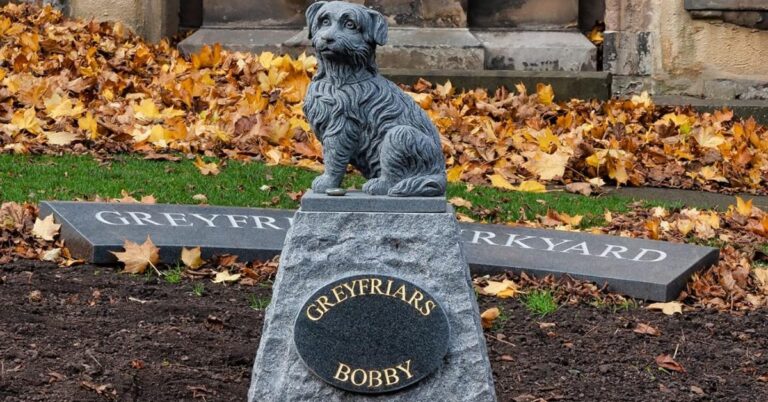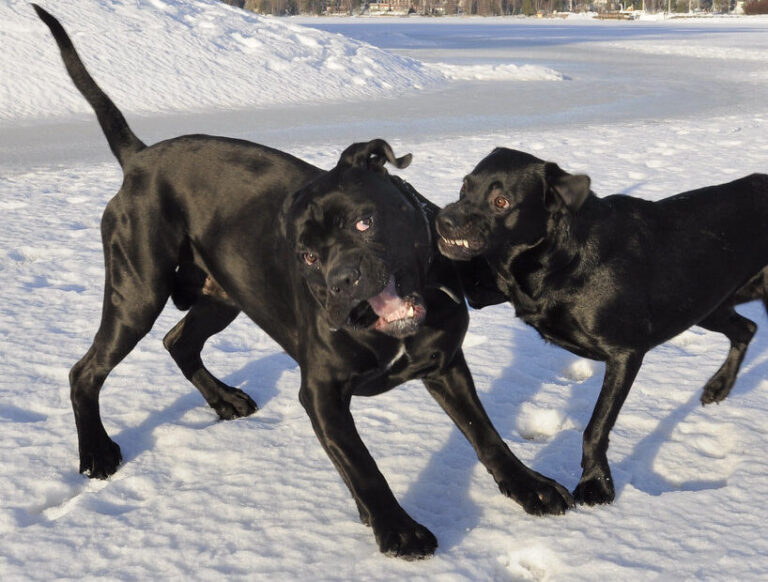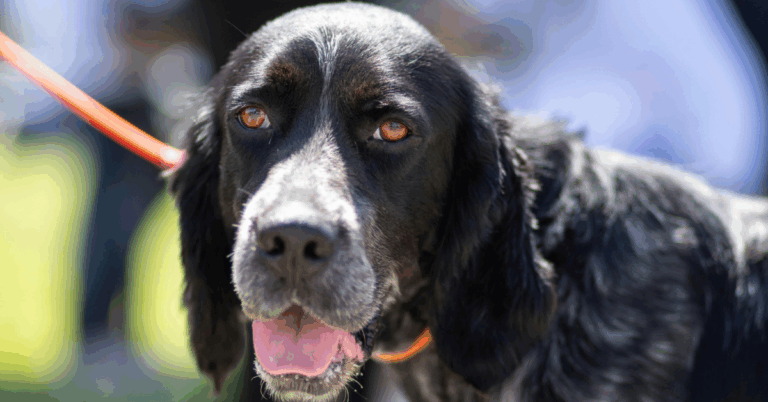Things You Should Know Before Adopting A Mastiff

Mastiffs command attention with their imposing size, but there’s more to these dogs than meets the eye. Loyal, protective, and affectionate, they often inspire fierce devotion among their owners. But are they the right fit for your home? Let’s explore the highs and lows of owning a Mastiff.
Unmatched Loyalty

Few breeds bond as profoundly as Mastiffs. Their unwavering devotion to their families is legendary and makes them ideal companions for those seeking a dog that’s a pet, protector, and friend—all in one. They will be the first to guard your home but also the first to lie by your feet.
Gentle With Loved Ones

Despite their size, Mastiffs are incredibly gentle with those they care about. You might not believe it unless you see the 150-pound dog softly interacting with a toddler. It’s not uncommon! Their patience and nurturing nature make them excellent family pets.
Low Exercise Needs

For such a large breed, Mastiffs are surprisingly laid-back. While they need regular walks to stay healthy, they won’t demand hours of intense physical activity. A couple of daily strolls and a cozy spot to nap are usually enough to keep them happy.
Natural Protectors

Regarding home security, a Mastiff’s mere presence can deter potential threats. They don’t need to bark incessantly or show aggression—most people think twice when faced with a dog of their stature. Their calm vigilance is both reassuring and practical.
Adaptable To Living Spaces

Mastiffs may require a sprawling estate, but they can adapt surprisingly well to smaller homes, provided their basic needs are met. Their calm temperament means they’re happy to relax indoors as long as they get some outdoor time.
Their Big Size

As we shift to the challenges of owning a Mastiff, their immense size often becomes a hurdle. Simple tasks like fitting into cars or navigating small spaces can feel daunting. These practical issues highlight the demanding nature of sharing your life with such an extraordinary breed.
Sheer Size Comes With Costs

Owning a giant breed isn’t cheap. From food to veterinary care, everything costs more. A Mastiff’s appetite alone can significantly impact your budget, not to mention the oversized beds, crates, and toys they require. Their size also makes traveling and housing them more challenging.
Short Lifespan

One of the most brutal truths about owning a Mastiff is their relatively short lifespan, often averaging only 6–10 years. Their large size contributes to health challenges, such as joint and heart problems, which can further limit their time with you.
Drooling & Grooming Needs

Be prepared for slobber—lots of it. Mastiffs are notorious for their drooling, especially after meals or drinking water. Grooming them can also be a task, as their size makes bathing and nail trimming more complicated than with smaller breeds.
Stubbornness In Training

Mastiffs are intelligent, but they’re also famously stubborn. Training requires patience and a firm yet gentle approach. Without proper socialization and training, their size and strength can make handling them difficult if you’re inexperienced. However, this trait can test the resolve of even seasoned pet owners.





